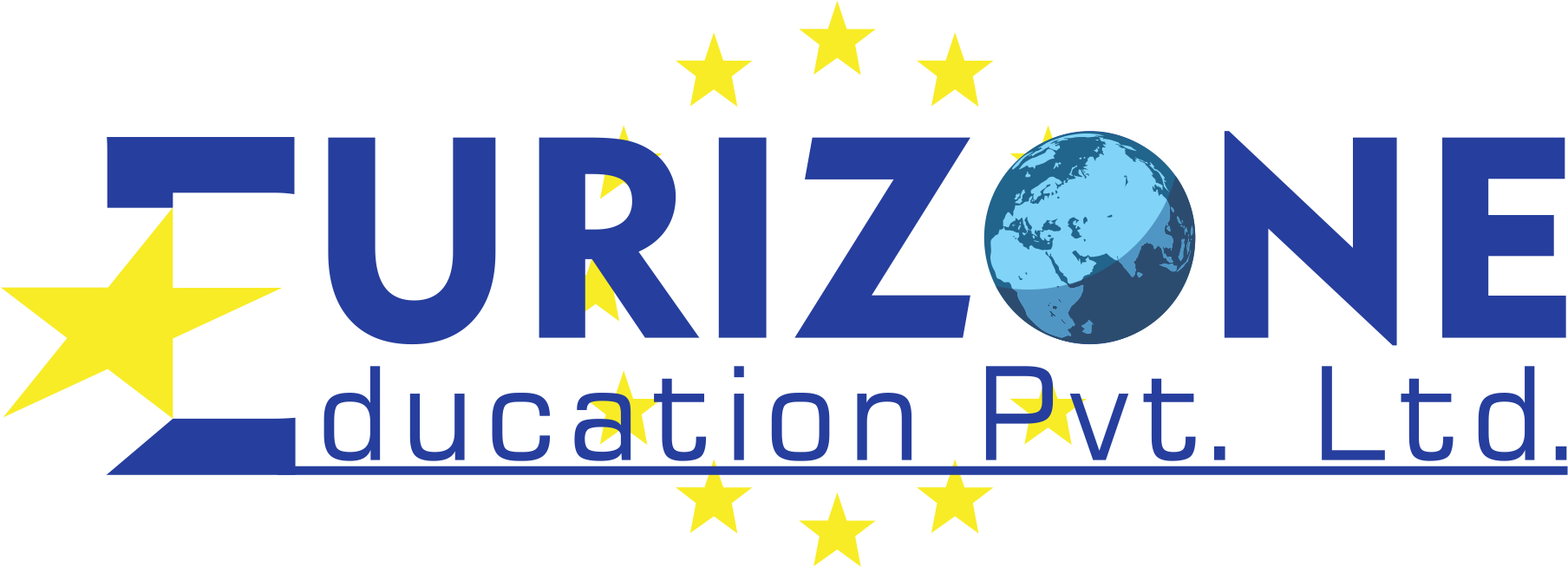TEMPORARY LICENSE EXAM "FACHSPRACHPRÜFUNG" (FSP)
Doctors-the specialist language examination (Fachsprachprüfung – FSP)
For the granting of a license to practice medicine (temporary license), it is a prerequisite that the applicant has the knowledge of the German language required to carry out the professional activity.
Special language examination for doctors- Fachsprachenprüfung exam
According to the decision of the 87th Conference of Ministers of Health on June 26/27, 2014, doctors must have specialist language skills in a job-specific context based on language level C1 based on the proven basis of language level B2 according to the Common European Framework of Reference for Languages (GER-B2).
From the year 2014 most of the State Medical Councils in Germany implemented specialist language examination for foreign doctors known popularly as Fachsprachprüfung.
Fachsprachenprüfung is an exam which needs to be taken by every International doctor who wants to do practice as a doctor in Germany and also aims to start their medical specialization in Germany.
Fachsprachenprüfung is normally exam to test doctor’s medical German Terminology knowledge. After successfully passing FSP exam a doctor gets temporarily license to work in Germany also known as Berufserlaubnis. There are unlimited attempts for Fachsprachenprüfung ( FSP).
This exam relates exclusively to the specialist language skills and not to basic medical knowledge, i.e. an incorrect diagnosis or a missed treatment option are not included in the evaluation, only the linguistic handling of each medical situation.
What is the exam pattern of Fachsprachenprüfung?
This exam is including practical and viva module consists of three different steps. Duration of exam will be 60 Min. The whole exam will be in German language only.
The exam is designed to be practical. It takes the form of an individual exam and is used to determine the specialist language skills required for the medical profession in oral and written communication. The examination board consists of three members, at least two of whom are doctors.
The exam is divided into three parts, each lasting approximately 20 minutes. At the beginning, the examination board introduces itself and asks you to introduce yourself briefly (previous career, further goals).
1. Doctor-patient interview (Arzt-Patienten-Gespräch)
You conduct an anamnesis interview with a patient, as you are familiar with in your everyday treatment. The role of the patient is assumed by a member of the examination board. This will give you predetermined information about his state of health. You can take notes on this, if necessary also in your mother tongue. Explain your suspected diagnoses to the patient and make suggestions for further examination methods/ treatment options. Respond to possible questions from the patient. A language that is understandable for patients and their relatives (i.e. medical laypersons) should be selected.
2. Written documentation / medical report (Schriftliche Dokumentation/Arztbericht)
In the second part, you should document the medical history and the further procedure in writing and in German in full sentences. You will receive a prepared structured form for this. You can use the recordings you made during the doctor-patient consultation. A medical dictionary is also made available. No other aids may be used. The aim is to meet the general documentation requirements and to provide comprehensive, comprehensible information to the doctors who are treating you.
3. Doctor-doctor discussion (Arzt-Arzt-Gespräch)
In the next part, you will introduce the patient to a medical colleague during a handover interview. You pass on the information obtained in the doctor-patient discussion to a medical member of the examination board. They discuss suspicious and differential diagnoses, diagnostic measures and therapies. Here the German medical vocabulary must be used in the sense of the medical terminology.
Duration: 2 months / 186 units
Timings: - Monday to Thursday, 9:00 to 2:00 p.m.
-Friday 4:00 p.m. to 8:00 p.m.
Who is eligible to take Fachsprachenprüfung exam?
The doctor
✔ Who has completed a B2/C1 level of the German language.
✔ Have a valid medical degree/defizitbescheid.
✔ Has a job contract from a clinic in that state.
Then he/she can take this exam. This exam is taken by the respective state medical council of Germany where the doctor has the job contract and wants to practice after completion of all formalities.
Where to give Fachsprachenprüfung exam?
This exam is a part of the way to get Approbation (Permanent License). Once the doctor decides particular German state where they want to practice then they need to submit all required documents to state medical council for Temporary (Berufserlaubnis) or Permanent License (Approbation). After verification of all documents, authorities will provide exam date for Fachsprachenprüfung (FSP) exam.
How much does the Fachsprachprüfung exam cost?
The fees for the Fachsprachprüfung exams vary between providers. They are currently between € 350 for the specialist language examination of the State Medical Association of North Rhine and € 530 for the technical language examination of the State Medical Association of Bremen.
Since the fees can change at any time, it is strongly recommended to inquire about the current status with the responsible provider. Please also note that you cannot choose the provider freely, but must meet the language requirements of the relevant licensing authority.
Lack of Medical Specialists in Germany
More than 95,000 doctors who have immigrated from foreign land are already working in German hospitals. Without them, the high standard of medical care in Germany would be at risk. On the one hand there are not enough medical specialists in Germany, many young doctors want a safe and secured life with greater opportunities. This is why more and more doctors from abroad decide to share their experience and qualifications at a German hospital and are enriching the German healthcare system.
Consequently, the professional and especially the linguistic integration of immigrant doctors in German hospitals are a very important and a challenging task. But there are requirements for physicians to be fulfilled on the way to their professional admission in Germany.
In addition to the B2 certificate, they often have to take a specialist language examination (Fachsprachprüfung – FSP) on the C1 level. Furthermore, they must also be prepared for the examination on Medical knowledge. That way, doctors can therefore be successful in their recognition procedure.
What is trained in the course?
In the course, doctors train the communication between doctor and patient and the professional discussion with other doctors. In addition, anamnesis and doctor’s letters are coached. The high level of the course requires a B2 language level in order to be successful. But then international doctors can improve their professional German language skills and optimize communication in their daily work.A good course is always goal-oriented.
It prepares for the Medical Association’s examination (Fachsprachprüfung – FSP), as it is mandatory for a foreign doctor in Germany to take this exam and qualify in it. Consequently, it is recommended to complete the medical course with an examination, e.g. with the Telc examination B2/C1.
The high linguistic level of the course means that doctors are well prepared for their work in Germany. It guarantees safety for the patients, hospitals and excellent job opportunities. After all, it is a great support for foreign physicians in their new environment.
Goal of the training
The course on medical terminology and communication is aimed at physicians who wish to work as doctors in Germany and who have to pass a test of their specialist language skills.
Among other things, the following contents are part of the advanced training:
Anamnesis recording, patient introduction, patient information and the writing of medical reports.
Our preparation course prepares you orally and in writing to the specialized language exam before. The specific vocabulary is assumed or can be developed in parallel self-study.
Course Focus
✔ Oral communication (doctor-patient conversations, doctor-doctor conversations).
✔ Written communication (medical report).
✔ Talk structures, dialogue patterns used in role-playing games.
✔ Reading and listening comprehension of different topics.
✔ Specific grammar (subjunctive, nominal style, past, Passive).
✔ Guided self-study, feedback, correction - exam simulations.

